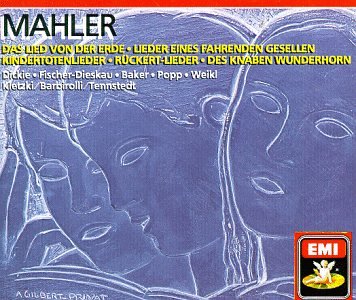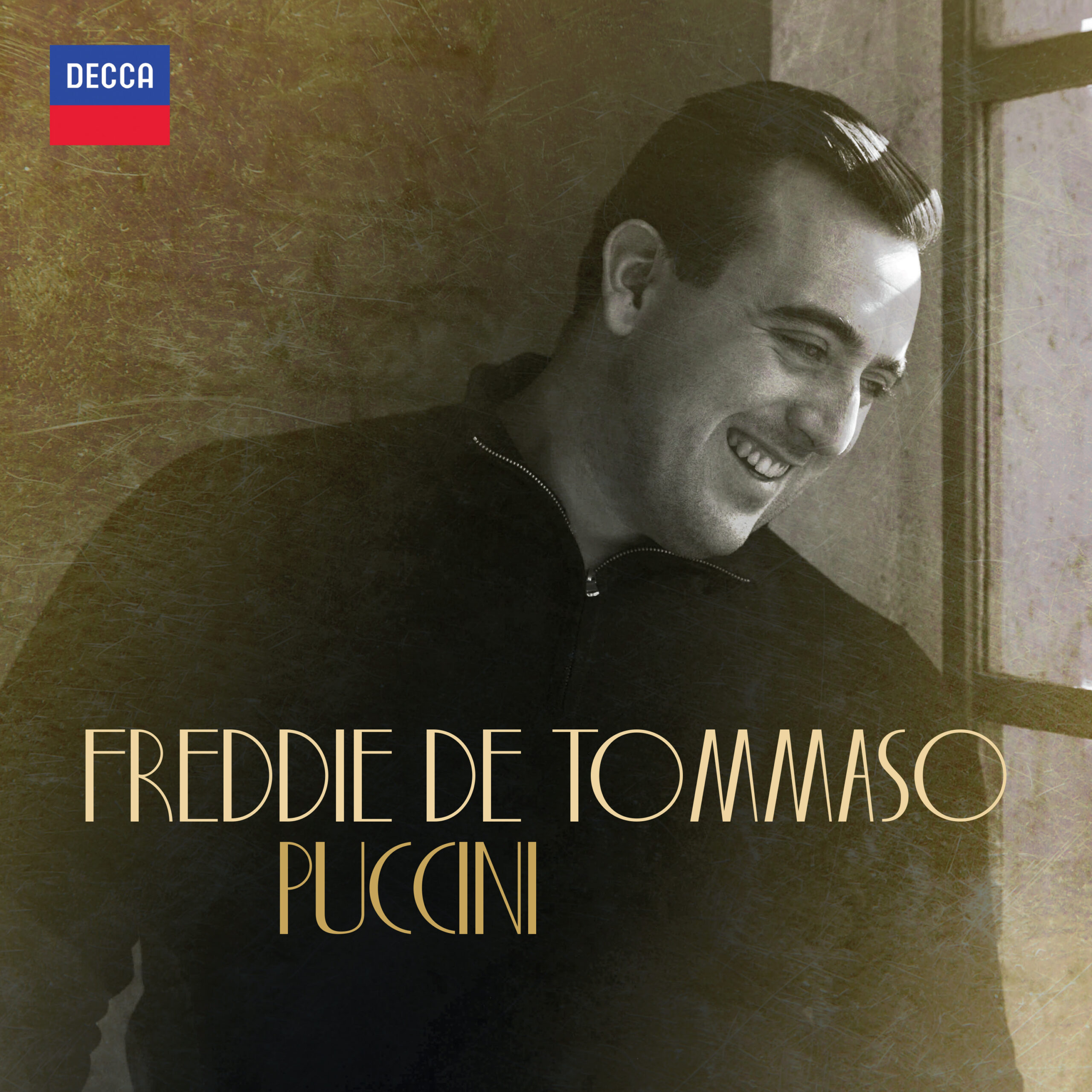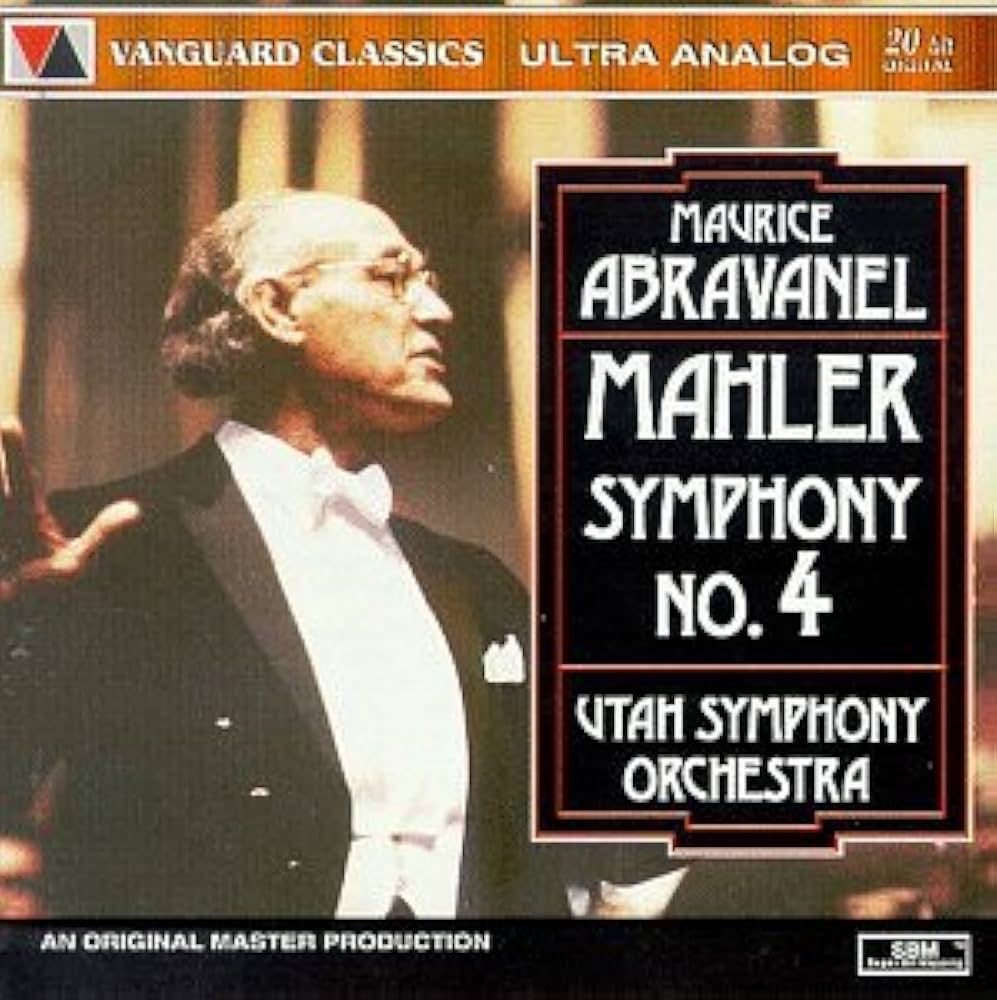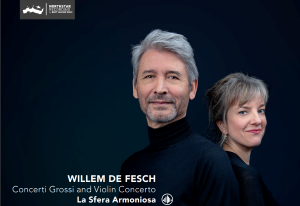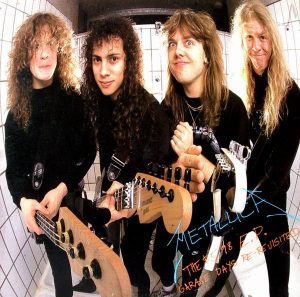MAHLER: Des Knaben Wunderhorn; Lieder eines fahrenden Gesellen* Lucia Popp, soprano; Bernd Weikl, baritone; London Philharmonic Orchestra/Klaus Tennstedt; *Thomas Allen, baritone; English Chamber Orchestra/Jeffrey Tate. EMI Red Line 7243 5 69862 2 0. TT: 70.08
This issue is now quite venerable—the EMI Classics labels, including the low-priced Red Line, disappeared after the company's 2013 acquisition by Warner Music. Given, however, the general disappearance of brick-and-mortar record stores and the shift to online purchases and to streaming services, the immediacy of a release has perhaps become less of a concern.
In the way that Wunderhorn recordings tend to be "the conductor's performance," this program is a sort of appendix to, or appendage of, Klaus Tennstedt's recorded Mahler symphony cycle. The conducting, as elsewhere in Tennstedt's series, is heartfelt, with intermittent insights. Tennstedt is especially attentive to the woodwinds: their doublings with the soloists are precisely gauged, adding support and timbral variety without actively competing. (Elsewhere, however, woodwind commentaries are relegated to the background.) Brass fanfares in the martial pieces, even in their most ominous moments, are alert and buoyant. The strings' midrange lines are pleasingly dusky.
Tempi are mostly right. The conductor brings a gentle, spacious swing to Rheinlegendchen, and is pleasantly hearty in the final strophe of Lob des hohen Verstandes. The deliberate, pensive opening of Wo die schönen Trompeten blasen is striking and apropos, though the double pickups tend to smudge. On the other hand, Tennstedt marks the key change in Wer hat dies Liedlein erdacht? too heavily, and parts of Lied des Verfolgten in Turme are hasty.
Of the soloists, the surprise is Lucia Popp, whose lyric soprano seems miscast in music more generally taken by mezzo-sopranos, or by "acting" singers like Elisabeth Schwarzkopf. Much of the time, in fact, she's lovely, opening into warm, creamy tone in the midrange, pointing the rhythms crisply, and inflecting with plenty of character. Her carefree manner in Wer hat des Liedlein erdacht? is winning, and the final long run is beautiful. On the debit side, her familiar shallow flutter invades the top of the staff, notably in Lied des Verfolgten im Turme, and parts of Der Schildwache Nachtlied feel underenergized.
Conversely, the more aptly cast Bernd Weikl can't seem to avoid the German-baritone reflex to bark, splutter, and snarl his way off the legato, and sometimes off the pitches, at peak intensities. Since Weikl is, or was, a good singer—he has some nice, calm moments, and a plausible high A, in Der Schildwache Nachtlied—I don't understand his reliance on such interpretive gimcracks, which detract from his performance rather than enhancing it. In the simple unaccompanied scalar pickups of Lob des hohen Verstandes, his intonation is fuzzy .
EMI's stealth packaging doesn't list the Wayfarer Songs on the booklet cover, and only a discerning eye will catch it on the rear inlay; neither had I realized that Thomas Allen had recorded the cycle. It originally shared a disc with Britten's Notturno sung by Robert Tear; here, where the producers have tucked it in as a makeweight, it's more logically placed.
Allen's high lyric baritone is a good fit for this music, and his performance is perceptive and musical, but the sessions caught him on an off day. Most of the F-sharps and Gs, whether floated or at full voice, are tight: the brisk, easy leap to "Heia" in Ging heut' Morgen shows what's missing elsewhere. On the other hand, conductor Jeffrey Tate's attention to detail is a pleasant change from his customary faceless competence. He brings out the particular color of the flute-horn blend in Ging heut' Morgen, for example, and ensures a seamless clarinet-flute hand-off at the end of Ich hab' ein gluhend Messer. He's not always spot-on otherwise: the end of Ging heut' Morgen, marked Tempo I, is slower than the already slightly weighted opening; the second horn in the wind-down of Die zwei blauen Augen isn't always clearly audible.
The Wunderhorn sequence omits the three songs—Urlicht, Es sungen drei Engel, and Die himmlische Leben—that Mahler later incorporated into the symphonies. In ordering the rest, the producers perhaps erred in putting two similarly martial pieces—Lied des Verfolgten in Turme and Trost im Unglück—back to back. In that sequence, too, Weikl's voice sometimes hits the mikes rather hard.
stevedisque.wordpress.com/blog




